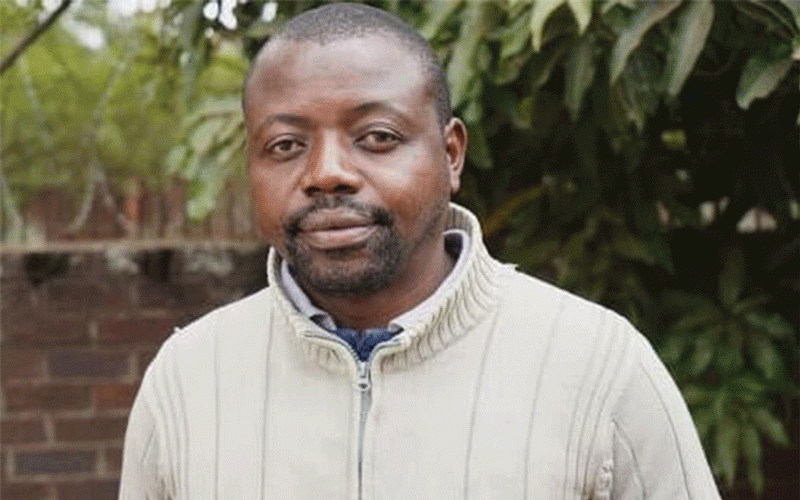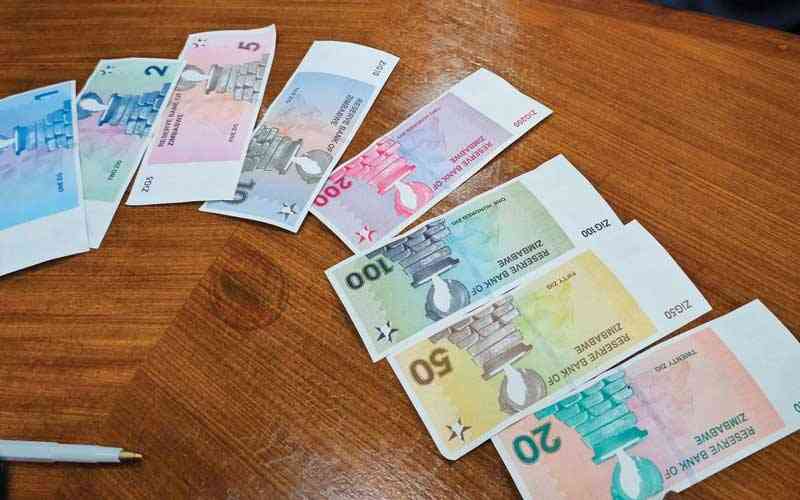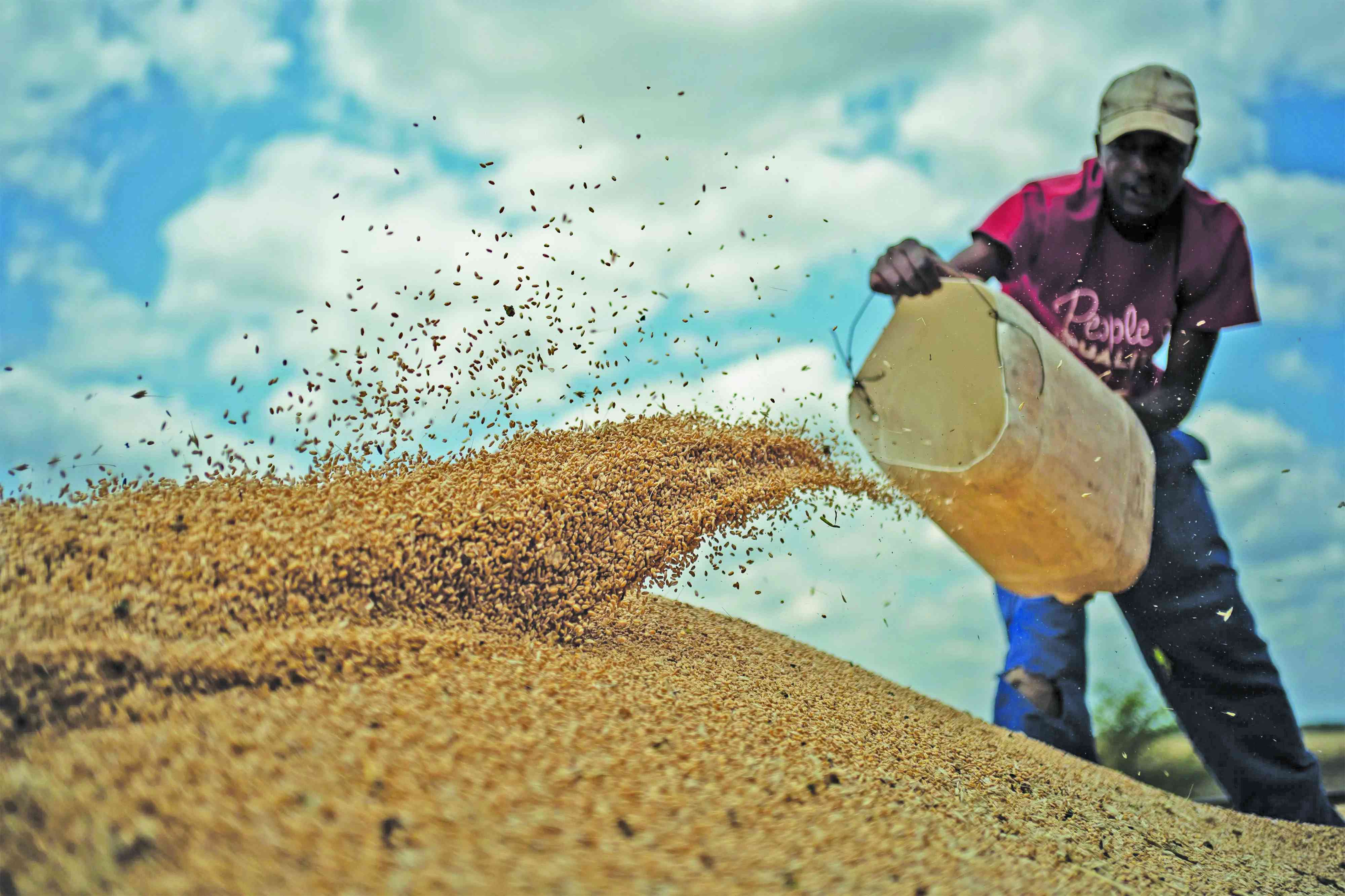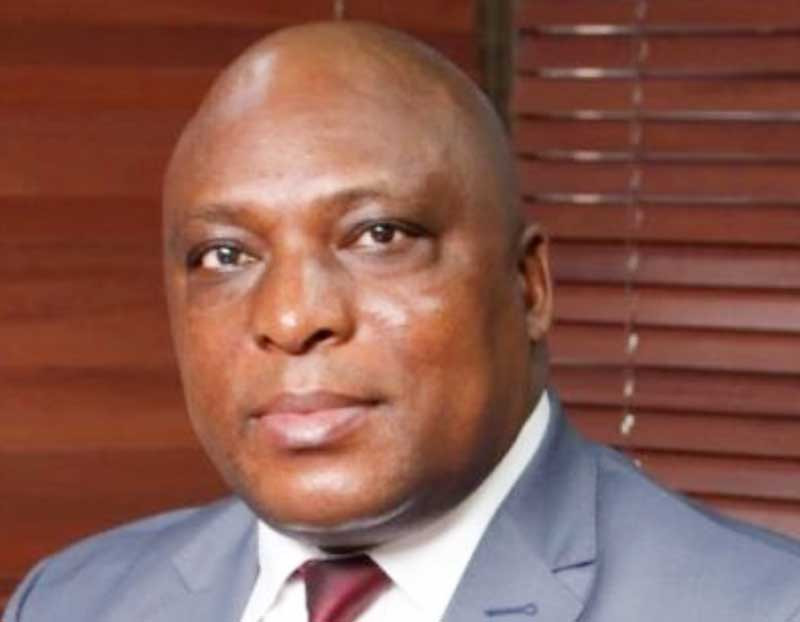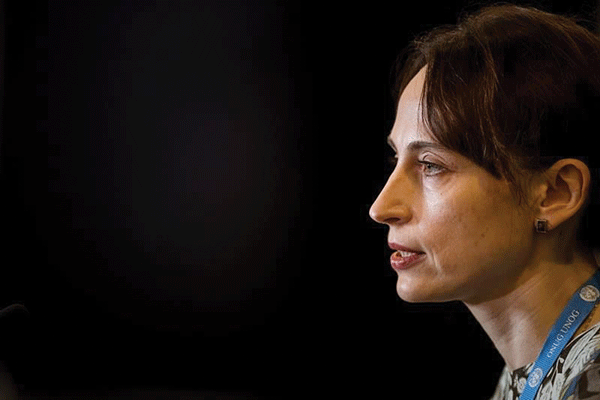
ONE important development took place during the recent assessment of the impact of sanctions on Zimbabwe by the United Nations (UN) Special Rapporteur Alena Douhan. A clique of the elite under the Political Actors Dialogue pushed aggressively for the lifting of restrictions on international trade in Zimbabwe’s diamonds.
This was not surprising at all. This is the team whose leaders have been pampered with luxuries by President Emmerson Mnangagwa. They are happy to gloss over the regime’s past transgressions. But the world is genuinely concerned about international trade in diamonds from conflict regions.
People have been killed or forced to leave their homes across Africa to make way for extraction and trade in diamonds. There are countless examples where diamond endorsements have turned into shameless curses. Tears haven’t dried yet on the cheeks of thousands of Zimbabweans, whose relatives were killed in a bloody army crackdown on civilians in the Chiadzwa diamonds fields a decade ago.
More than 200 people lost their lives as the diamond fields, the only source of livelihood for Chiadzwa villagers after plunder, economic mismanagement and corruption grounded the economy, were turned into a battlefield at the behest of the late Robert Mugabe regime.
Many more had their body parts sliced off by machete-wielding gangs as news spread that there had been significant discoveries of alluvial gems. After hungry villagers were chased away to make way for government and big corporations, the anguish did not end. Reports soon emerged that water sources had been contaminated, and a wave of animal deaths hit the region.
NewsDay reported shocking incidents of stillbirths as animals were exposed to toxic water. Zimbabwean gems had already penetrated global markets and bigwigs were creaming off the wealth alone. This is how Zimbabwe’s diamonds ended up excluded from gem trade centres like Antwerp in Belgium.
The world was responding to the mindless killings of the poor to enrich a few. Where did the US$15 billion, said by Mugabe to had vanished from the gem fields, go if the people of Chiadzwa are worse off than they were before the rush to loot their diamonds?
These are the key issues that the world wants Zimbabwe to explain before full-scale official trade in local diamonds can be granted. Perhaps it is one way of saying a commission of enquiry must be established to track, arrest and bring to book those behind the killings.
- Chamisa under fire over US$120K donation
- Mavhunga puts DeMbare into Chibuku quarterfinals
- Pension funds bet on Cabora Bassa oilfields
- Councils defy govt fire tender directive
Keep Reading
The UN must consider all these factors if it is to intervene in this issue as proposed by the increasingly wealthy group whose vision has been blurred by expensive gifts. The UN must not be used by the elite to sanitise bloodshed. It must not be used to perpetuate suffering before the mess of the previous decade is cleaned up.
What the diamonds case has demonstrated is that the world respects the sanctity of life, and those that don’t respect it must be punished. If fairness does not prevail in Zimbabwe, the world would have surely abdicated its responsibility to humanity.



